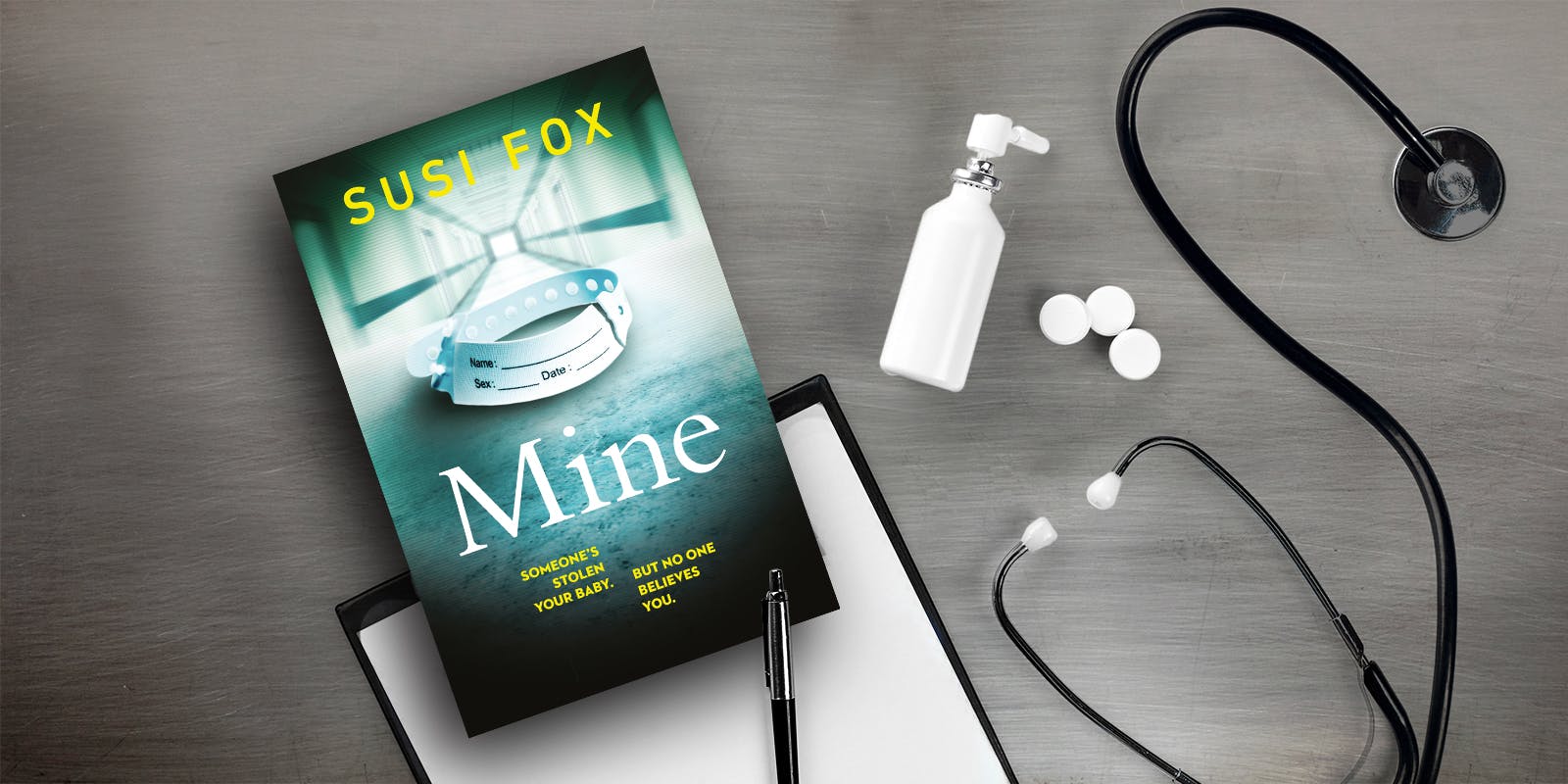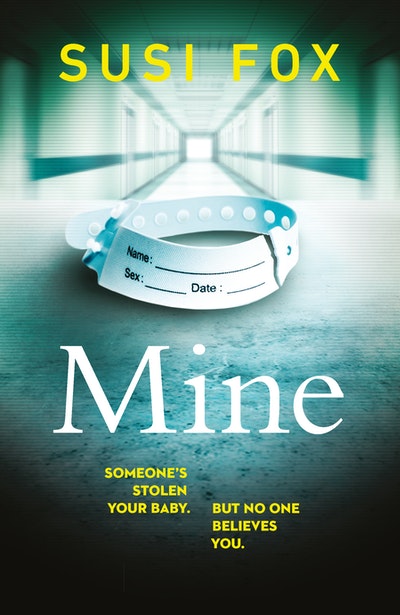The author of Mine shares insight into her debut novel.
What compelled you to write Mine?
I was inspired by a nightmare in which I showed a baby in my arms to a faceless crowd, insisting ‘this is not my baby.’ All of the people around me ignored me and stepped away. I awoke from the dream in shock, but with the realisation that this was a powerful story that deserved to be told, and that I felt compelled to write. The book grew from there.
Mine is set primarily in a hospital, and the way you describe it is eerie and stark. As a GP, is this a reflection of your professional experience of hospitals, or is it how you perceive the patient experience to be? Or is it both?
I exaggerated the sense of menace and fear of the setting to fit with the tone of the work I was trying to produce. I find hospitals to be generally comfortable places. Saying that, though, they can certainly be eerie and spooky at night; especially the mortuaries…
The novel is dedicated to ‘those who understand’. What do you mean by this?
I expect that some readers may find Sasha’s understanding of the world incomprehensible or impenetrable, which is completely fine; the book is really for women who do understand where she, and women like her, are coming from, to help them feel less alone. And one of my hopes is that the book encourages readers to interrogate their own judgements of other women, and of themselves.
What surprised you while writing Mine?
So many things about the creative process surprised me. Possibly one of the greatest surprises was that my book has resonated so widely with readers, in that the book accords with their own experience of pregnancy and birth, of parenthood, and of medical care. Sitting at my desk alone for so many hours, it was hard to imagine that my own small experiences and ideas would find such a wide readership. I’m delighted that the book has meaning for people all around the world.
How has the book been received by your medical peers?
Doctors and nurses who have read the book have all enjoyed, and supported, the medical aspects of the work. My psychiatrist friend, the first male friend to read the book and not much of a fiction reader, couldn’t put it down on his flight to a conference in Scotland. This was the first indication that people might find the material as fascinating as I do.













